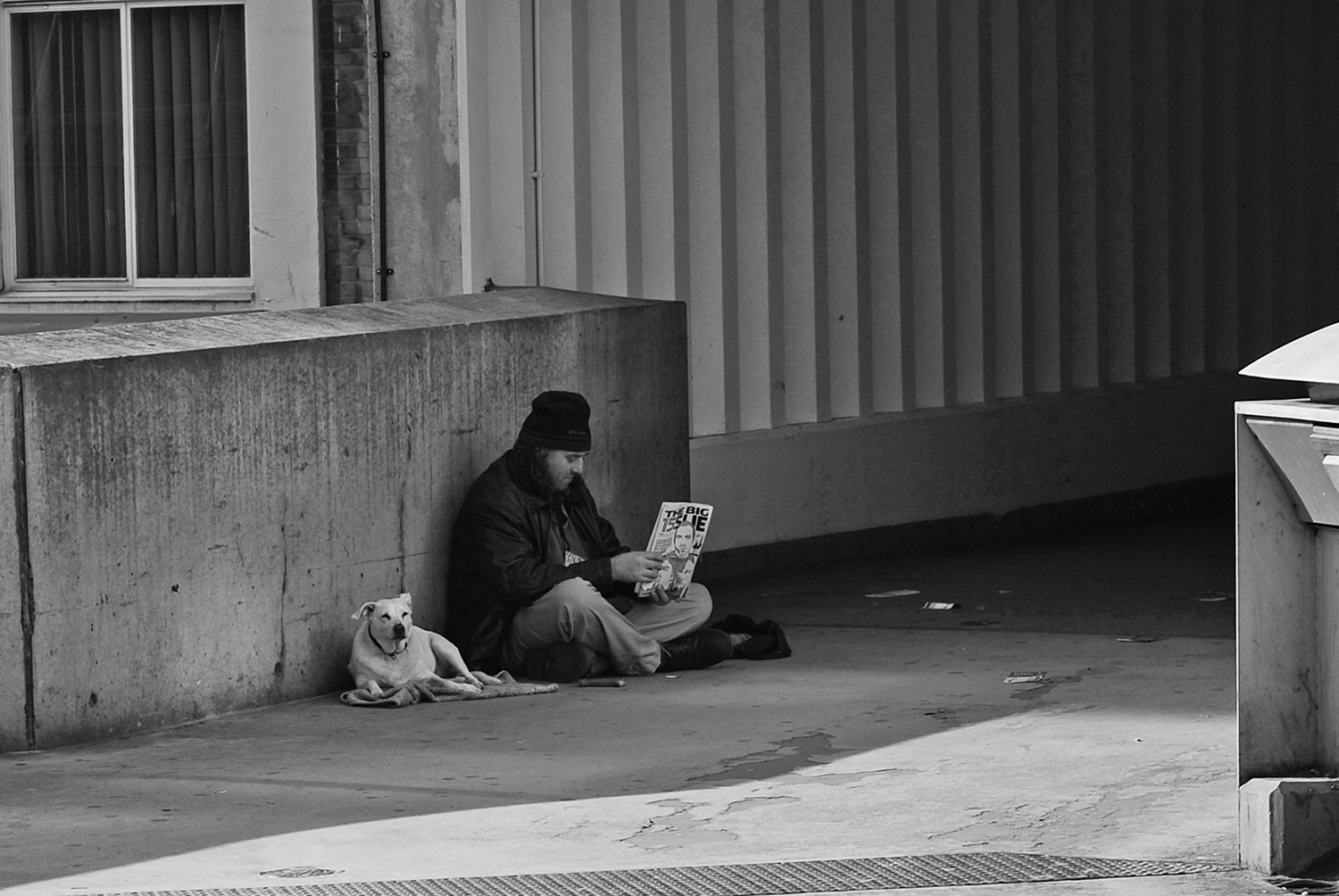More and More Homeless People are Dying in UK
Homelessness is becoming a rising problem in the UK, with the newspaper the Guardian revealing that the number of homeless people who died while actually living on the streets, or in temporary accommodation, rose more than two-fold between 2013 and 2017.

In those five years, over 230 homeless people are thought to have died, but over one-quarter of those passed away in 2017. 70 people were found dead on the streets last year, compared to 31 in 2013. This means that more than one homeless person is dying each week in the UK, although the actual figure is could well be higher due to a lack of adequate record-keeping.
The Guardian revealed that, on average, nine out of every 10 homeless deaths were men, with an average age of 43, a far cry from the national average of 82.
Why are the Numbers Rising?
So, with the economy apparently improving, and the UK one of the wealthiest countries in the world, why are we seeing such a large number of people dying in this way?
Walk through any of the country’s major cities, and you’ll see an increasing homeless population. Many have put this down to the impact of the global economic crash, although it’s also thought that Conservative cuts to welfare, a lack of provision for social housing, and rapidly growing rents, especially in the cities, are behind the rise.
The problems of living on the streets were exacerbated by extreme weather last year, and considering the Baltic winter that the UK experienced in 2018, it’s likely that the figures will have continued to increase.
What Constitutes a ‘Rough Sleeper’?
As mentioned previously, it’s hard for us to get a bright idea of just how many people are sleeping rough on the streets. A homeless person, or a rough sleeper, is, according to the St Mungo’s charity, defined as someone who has been seen sleeping rough by an outreach worker. However, the Guardian’s figures also included those who had died while in local authority care and supported housing, as well as temporary accommodation.
How can the Problem be Solved?
Experts are suggesting the government should step in, to enact policy change and improve the outlook of rough sleepers, for example, by making it easier for them to consult NHS GPs, whether in person or here through their mobile phone. However, this is a long-term problem with no easy solution. St Mungo’s director of rough sleeper services, Petra Salva, called for more reviews into homeless deaths to gain a better appreciation of the problem.
The Homelessness Reduction Act, which came into force in April, also seeks to increase councils’ responsibility for preventing rough sleeping

